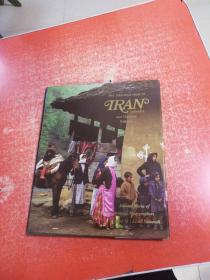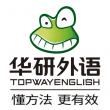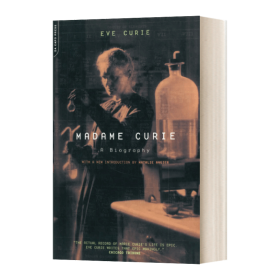
Dictionary of Translation StudiesShuttleworth, Mark
书籍内容简介可联系客服查阅,查书找书开票同样可以联系客服
¥ 348 ¥ 348 九五品
仅1件
作者Shuttleworth, Mark
出版社Routledge
ISBN9781900650038
出版时间1997-04
装帧平装
定价348元
货号YB-77597
上书时间2024-06-28
- 最新上架
商品详情
- 品相描述:九五品
- 商品描述
-
内容摘要
Published at a time of unprecedented growth of interest in translation, the Dictionary of Translation Studies aims to present the insights of a number of different approaches to translation in an unbiased, non-partisan way. With more than 300 articles, this essential volume provides the reader with a snapshot of a rapidly developing discipline, based on work produced in serveral languages. With a clear, easy-to-follow layout, the Dictionary provides a comprehensive and highly accessible survey of key terms and concepts (such as Abusive Translation, Equivalence, Informationsangebot, Minimax Principle, Texteme and Thick Translation), types of activity (Autotranslation, Dubbing, Signed Language Interpreting), and schools and approaches (Leipzig School, Manipulation School, Nitra School). Each term is presented within the context in which it first occurred and is given a definition which is both clear and informative. Major entries include a discussion of relevant viewpoints as well as comments on how the usage and application of the term have developed subsequent to its coining. In addition, all entries provide suggestions for further reading, and there is an extensive bibliography included at the end. This is an indispensable tool for anyone studying or teaching translation at university level.《翻译研究词典》在人们对翻译的兴趣空前增长的时代出版,旨在以公正、无党派的方式呈现多种不同翻译方法的见解。这本重要著作包含 300 多篇文章,以多种语言编写的作品为基础,为读者提供了快速发展的学科的概况。 该词典具有清晰、易于理解的布局,对关键术语和概念(例如滥用翻译、对等、Informationsangebot、Minimax Principle、Texteme 和 Thick Translation)、活动类型(自动翻译、配音、手语口译)以及学校和方法(莱比锡学校、操作学校、尼特拉学校)。 每个术语都在其首次出现的上下文中呈现,并给出了清晰且信息丰富的定义。主要条目包括对相关观点的讨论以及对该术语的使用和应用在其创造后如何发展的评论。此外,所有条目都提供了进一步阅读的建议,最后还包含了广泛的参考书目。 对于任何在大学学习或教授翻译的人来说,这是不可或缺的工具。
相关推荐
-

THE FABUIOUS IAND OF TRAN
九品北京
¥ 120.00
-

DICTIONARY OF
九品北京
¥ 60.00
-

Primitivist Modernism: Black Culture And The Origins Of Tran
八品赤峰
¥ 500.00
-

Primitivist Modernism: Black Culture And The Origins Of Tran
全新北京
¥ 499.00
-

DICTIONARY OF ECONOMICS
八五品北京
¥ 45.00
-

DICTIONARY OF ECONOMICS
八五品北京
¥ 50.00
-

DICTIONARY OF ECONOMICS
九品大庆
¥ 66.00
-

DICTIONARY OF CHEMICALTERMINOLOGY
八五品昆明
¥ 75.00
-

Dictionary of Economics
八五品北京
¥ 50.00
-

Dictionary of Agriculture
八品汕头
¥ 26.00
— 没有更多了 —












以下为对购买帮助不大的评价